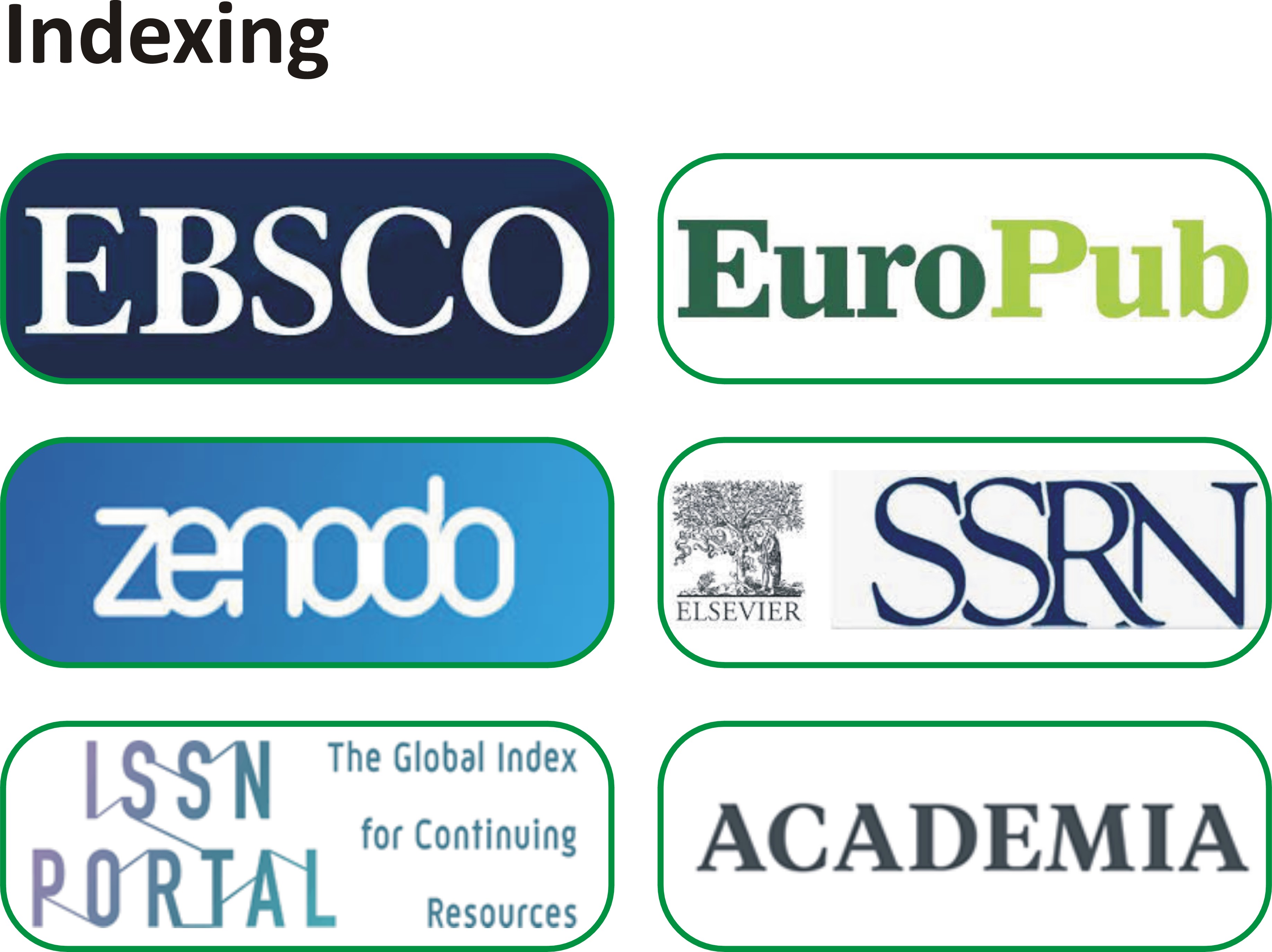An Empirical Investigation of Financial Inclusion in Pakistan
Abstract
Pakistan is one of the developing countries that has low financial inclusion. This paper examines the determinants of financial inclusion in Pakistan with two dimensions bank account and mobile money account. The data used in the analyses came from 6000 individual adults across Pakistan from Financial Inclusion Insight 2017 and included people of different ages, occupations, geographical locations, and genders. Using the multivariate logistic model, the determinants of financial inclusion were estimated. The results show that the age of individuals, employment, education, financial literacy, marriage, owning a smartphone, gender, getting money from the government and getting money from agriculture and livestock are the significant determinants for both bank accounts and mobile money accounts in Pakistan. If an individual is a man, financially literate, older, married, more educated, owning a smartphone, employed, getting money from the government and getting money from agriculture and livestock ha as a higher chances of being financially included as compared to an individual is a woman, less educated, younger, single and rural poor. The implication of this policy is that there is a need for the governments of Pakistan to formulate a holistic financial framework that seeks to mitigate the negative factors of financial inclusion and sustain the positive ones. It is recommended that such a policy framework should be politically neutral, economically viable, gender-sensitive, socially stable and financially feasible so as to make it sustainable.
Copyright Notice Submission of an article implies that the work described has not been published previously (except in the form of an abstract or as part of a published lecture or academic thesis), that it is not under consideration for publication elsewhere, that its publication is approved by all authors and tacitly or explicitly by the responsible authorities where the work was carried out, and that, if accepted, will not be published elsewhere in the same form, in English or in any other language, without the written consent of the Publisher. The Editors reserve the right to edit or otherwise alter all contributions, but authors will receive proofs for approval before publication. Copyrights for articles published in IJSSA journal are retained by the authors, with first publication rights granted to the journal. The journal/publisher is not responsible for subsequent uses of the work. It is the author’s responsibility to bring an infringement action if so desired by the author.



